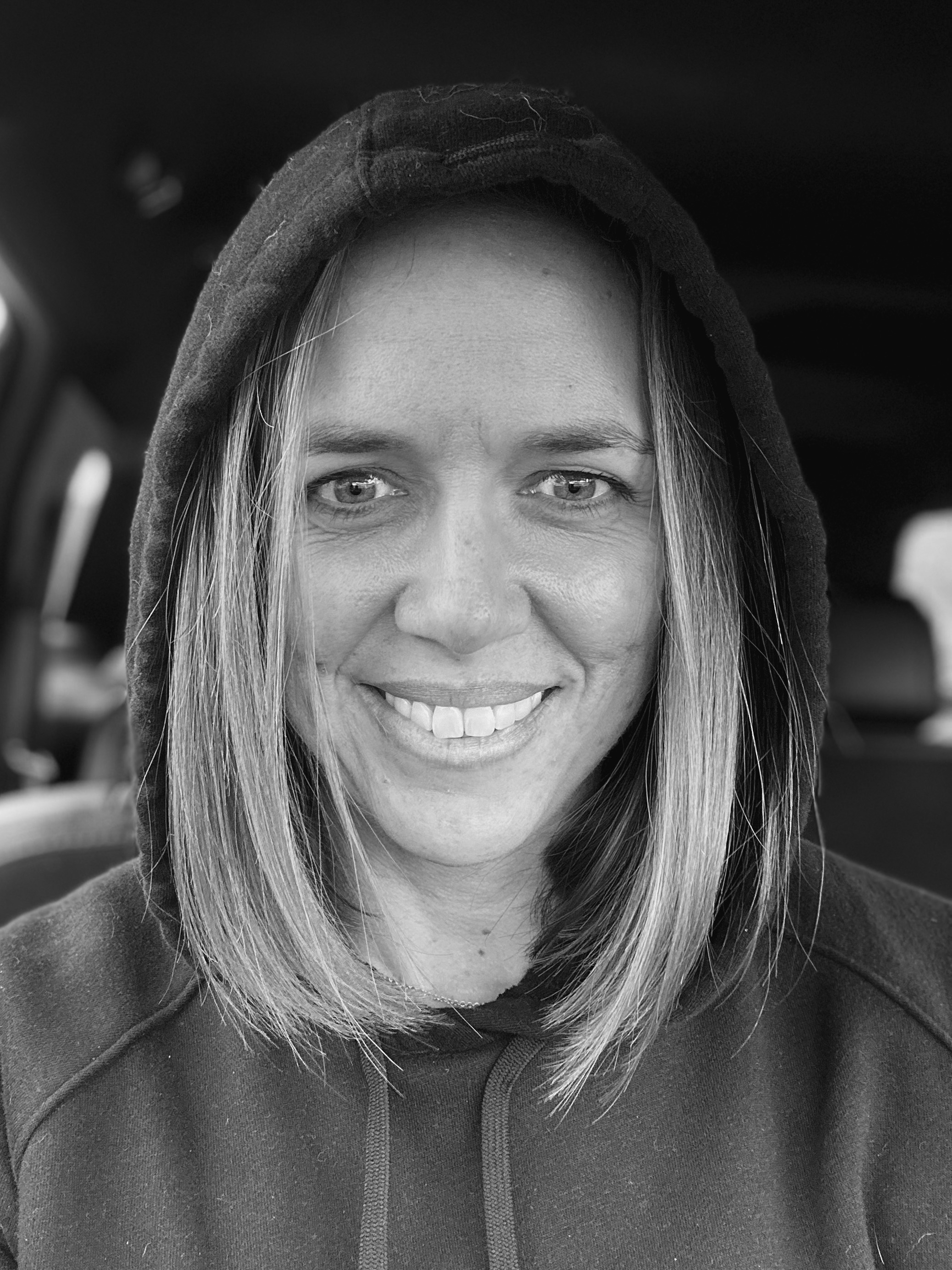Sparking Conversations: How to start a dialogue about disabilities and church
- Lynsie Thompson

- Jun 15, 2023
- 3 min read
Updated: Aug 30, 2025

I want to give you some things to think about when it comes to starting a conversation in your community and church about disability inclusion, belonging and awareness. I'm even going to give you a few conversation starters so that when you're ready to take action, you've got a solid launching pad. If you're not ready for a specific conversation about disabilities in the church yet, don't stop reading. You may find some encouragement and empowerment in the words ahead of you!
It's likely that we've been tiptoeing around (or maybe even all-out avoiding) some reflective conversations about the current status of how the church meets the needs of those impacted by disabilities. Maybe there hasn't really been an opportunity to discuss intentional disability inclusion in ministries and outreach...until now.

The reality is that until we're ready to open an authentic and ongoing dialogue, we'll continue to make the church less accessible by default. In Texas, 28% of the population is directly impacted by a disability, with the 2 largest categories being cognitive and physical. Does the church body represent a similar percentage of people with disabilities? Whether yes or no, there's room for intentional conversations about why or why not.
When we, the church, commit to starting this long-overdue and ongoing dialogue, we have to be prepared for the feedback we want (*hope*) to receive and also for feedback that may make us feel a little defensive or uncomfortable. Few needs are met when there is a communication breakdown or when there's never been any intentional focus on a specific area. We have to ask for authentic feedback on our current state of affairs when it comes to disability inclusion in the church.
One of the most powerful and underutilized tools that the church has when it comes to creating disability-inclusive ministries is authentic and ongoing conversations.
Be honest, dear reader. When was the last time you approached a person or family impacted by disabilities and asked them about their experiences in the church, their current barriers, their specific needs & perspectives?
Current conversation barriers
It's first important for us to recognize some of the unintentional walls that may have been previously constructed, and perhaps even fortified, that prevent this conversation. As a church, we may hold unspoken views or opinions that discourage initiating these conversations. Barriers could be attributed to a few factors:
church feelings of inadequacy in being able to meet the needs of people with physical and cognitive disabilities
limited resources to offer or staff/volunteer support
inability or unpreparedness to boldly do things that are outside of "the way we've always done it"
4 ways to start the conversation
Talk with church leaders, volunteers, and church members about their perception of the church when it comes to disability inclusion in ministries. Is everyone on the same page? What page is it that everyone's on?
Talk with families, caregivers, & people directly impacted by disabilities. Engage in conversations with families, caregivers, and individuals directly impacted by disabilities. Approach these conversations with empathy and listen attentively, recognizing that your perspective on church accessibility may differ from that of someone directly affected by a disability.
Engage in conversations with the intention of genuinely learning how to improve ministering to your specific congregation and community, rather than merely acknowledging that the conversation has taken place.
Visit with ministry leaders in the church and take a look at what practices are currently in place to support more disability awareness, beyond physical access. There are people in your community and in your congregation that are called to serve in this unique aspect. Find those people & ask for their guidance.
Genuine discussions are crucial for building a truly inclusive and supportive church community. Although they may require a good deal of pure & raw vulnerability (while also maybe taking note that the mission field is much closer to home than we might think), these conversations are so very important.
Together, let's embrace the conversation and take intentional actions to create a church environment where people and families impacted by disabilities are authentically seen, heard, & valued.
Lynsie
References
2023 Texas Disability Profile (LINK)
%20(1)_edited.png)


Comments